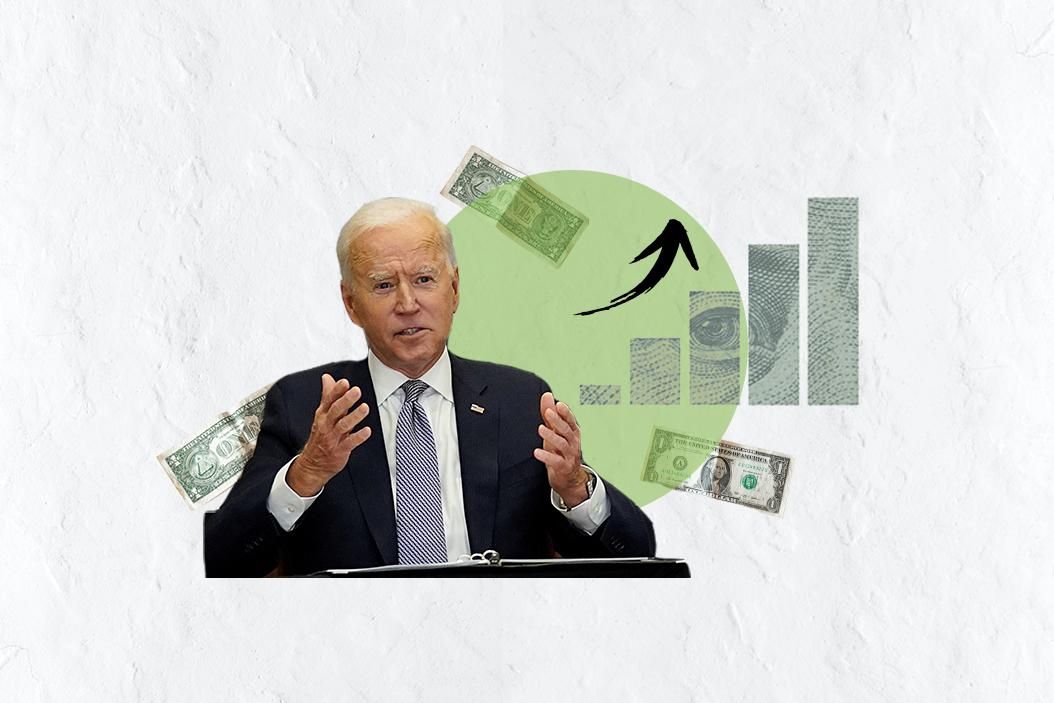Hard Numbers: US inflation spikes, Nicaraguan visas scrapped, COVID booster debate, global hunger soars
5.4: Inflation spiked 5.4 percent last month, marking the fastest monthly pace since the Great Recession in 2008. The Biden administration says that this is a "bump in the road" as temporary post-pandemic supply shortages distort prices, but some economists say that high prices are here to stay because of too-generous government stimulus doled out during the pandemic.
100: The US State Department on Monday scrapped travel visas of 100 Nicaraguan legislators, judges and prosecutors who have backed Daniel Ortega's Sandinista government. Ortega, who is running for his fourth term in November elections, has arrested dozens of opposition candidates and journalists in recent months, and has long been labeled an abuser of human rights by the international community.
1: Israel has become the first country to offer COVID-19 booster shots as a bulwark against the spreading Delta variant, offering the third dose of the Pfizer-BioNTech shot to immunocompromised people. This comes as the World Health Organization slammed the idea of high-income countries offering third shots before many low- and middle-income states have secured access to first doses.
811 million: About a tenth of the global population — 811 million people — was undernourished in 2020, an uptick in global hunger linked to the pandemic. More than half of the world's undernourished population lives in Asia, while one third lives in Africa.
